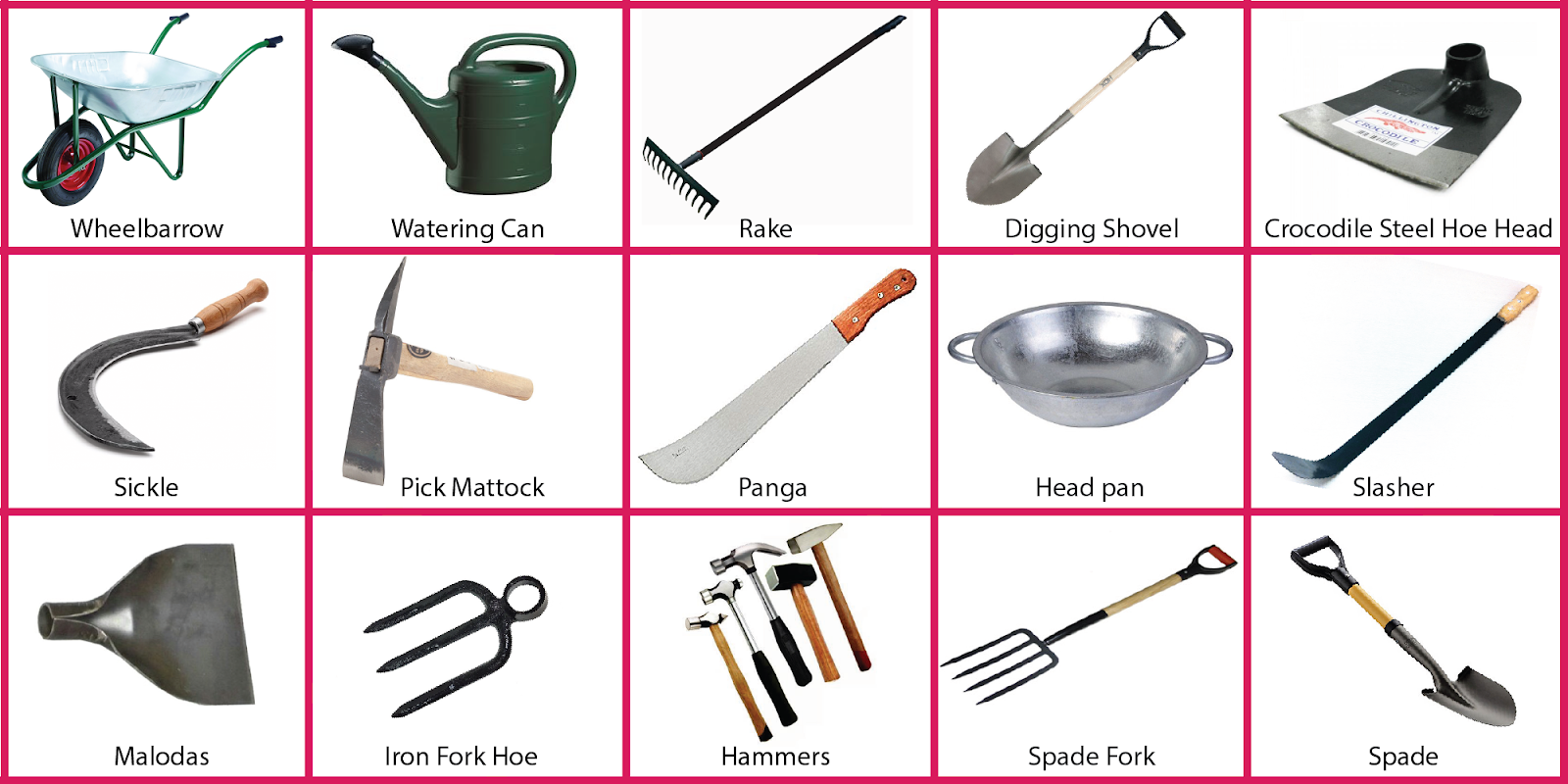In the world of agriculture, having the right tools is crucial for efficiency and productivity. From planting seeds to harvesting crops, farm tools play an integral role in the success of farming practices. This article delves into the various types of farm tools, their uses, and how they contribute to modern agricultural methods. Whether you are a seasoned farmer or just starting out, understanding these essential tools will enhance your farming experience and yield better results.
Farm tools are not just about the machinery; they encompass a wide range of implements and equipment designed to make farming more efficient and less labor-intensive. Knowing which tools to use for specific tasks can save time, reduce physical strain, and ultimately lead to a more successful farming operation. In this guide, we will explore various categories of farm tools, their applications, and tips for selecting the right tools for your needs.
As we progress through this article, we will also highlight the significance of maintenance and safety when using farm tools. Ensuring that your tools are in good working condition is essential for both the longevity of the equipment and the safety of the user. So, let’s dig into the world of farm tools and discover what makes them indispensable in agriculture today.
Table of Contents
- Types of Farm Tools
- Hand Tools
- Power Tools
- Large Equipment
- Specialized Farm Tools
- Maintenance of Farm Tools
- Safety Tips for Using Farm Tools
- Conclusion
Types of Farm Tools
Farm tools can be categorized into several types, each serving different agricultural purposes. Understanding these categories will help you make informed decisions when purchasing tools for your farm.
1. Hand Tools
Hand tools are the most basic and essential implements used in farming. These tools are typically operated manually and are used for various tasks, such as planting, weeding, and harvesting. Some common hand tools include:
- Shovels: Used for digging and moving soil or compost.
- Rakes: Useful for leveling soil and gathering debris.
- Hoes: Ideal for breaking up soil and removing weeds.
- Hand trowels: Perfect for planting small plants and transplanting seedlings.
2. Power Tools
Power tools have revolutionized farming by making tasks easier and more efficient. These tools are powered by electricity or fuel and can significantly reduce the time and effort required for various farming activities. Examples include:
- Rotary tillers: Used for breaking up soil and preparing seedbeds.
- String trimmers: Effective for cutting grass and weeds in hard-to-reach areas.
- Chainsaws: Essential for cutting down trees or large branches.
3. Large Equipment
For larger farms, heavy machinery is required to handle extensive agricultural tasks. These machines are often more expensive but are necessary for high-efficiency farming. Some large equipment includes:
- Tractors: Versatile machines that can perform various functions, including plowing, tilling, and hauling.
- Combine harvesters: Used for harvesting crops efficiently.
- Sprayers: Essential for applying pesticides and fertilizers over large areas.
4. Specialized Farm Tools
These tools are designed for specific farming tasks and can help increase productivity and efficiency. Examples include:
- Seed drills: Used for planting seeds at the proper depth and spacing.
- Fertilizer spreaders: Ensures even distribution of fertilizers across fields.
- Livestock handling equipment: Includes gates, chutes, and feeders designed to manage and care for livestock.
Maintenance of Farm Tools
Proper maintenance of farm tools is essential to extend their lifespan and ensure they operate efficiently. Here are some maintenance tips:
- Regular cleaning: Remove dirt, debris, and rust after use to prevent damage.
- Sharpen blades: Keep cutting edges sharp for better performance.
- Lubrication: Use oil or grease on moving parts to reduce friction and wear.
- Storage: Store tools in a dry, safe place to prevent rust and damage.
Safety Tips for Using Farm Tools
Using farm tools can be hazardous if proper safety measures are not observed. Here are some essential safety tips:
- Wear protective gear: Always use gloves, goggles, and appropriate footwear.
- Read the manual: Familiarize yourself with the tool's operation and safety instructions.
- Inspect tools before use: Check for any damage or wear that could affect performance.
- Stay focused: Avoid distractions while operating equipment to prevent accidents.
Conclusion
In summary, understanding the various types of farm tools and their maintenance is crucial for any farmer. The right tools can make a significant difference in productivity and efficiency, allowing you to focus on growing your crops and caring for livestock. Remember to prioritize safety and maintenance to ensure your tools serve you well for years to come. If you found this article helpful, please leave a comment, share it with fellow farmers, or explore more articles on our site!
Sources
- United States Department of Agriculture (USDA)
- National Agricultural Statistics Service (NASS)
- American Society of Agricultural and Biological Engineers (ASABE)
Lyla Jenner: The Rising Star In The World Of Entertainment
John Drew Barrymore: Height And Weight
Is Peter Crone Married? Unveiling The Life Of The Mindset Coach


